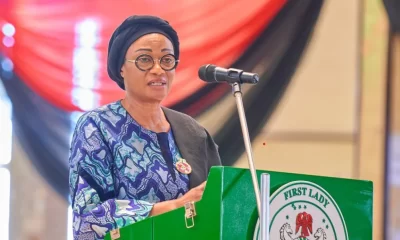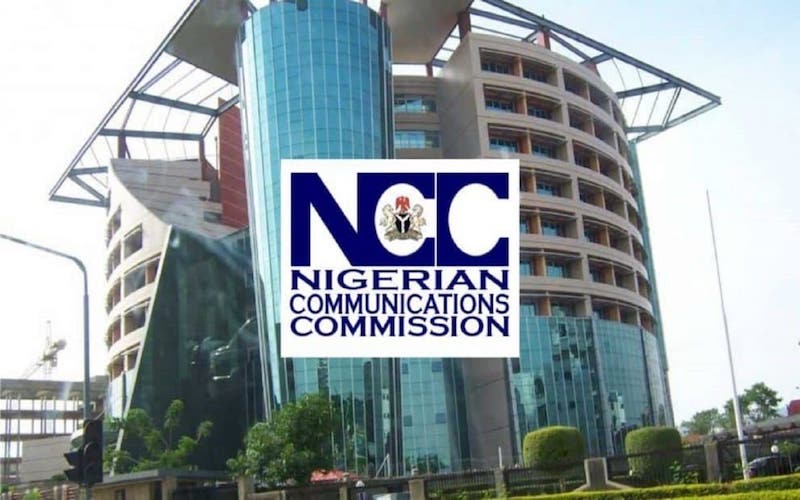Two years of implementing the Nigeria National Broadband Plan (NNBP 2020-2025) has yielded a 5.24% increase in broadband penetration.
This brought the country’s total broadband penetration to 45.09% as of September this year, according to the latest data released by the Nigerian Communications Commission (NCC).
According to a World Bank report, every 10% increase in broadband penetration in any country improves the country’s GDP by at least 4.6%.
President Muhammadu Buhari launched the second Nigeria National Broadband Plan in March 2020 with a target of achieving 70% penetration by 2025. At that time, the penetration level stood at 39.85% as there were 76 million fast-speed internet connections.
Shortly after the plan was launched, the COVID-19 outbreak stalled implementation. However, the Minister of Communications and Digital Economy Isa Ali Pantami has explained that implementation efforts between 2021 and September 2022 helped to increase the number of connections to 86 million, representing 45.09% of the target.
At the current rate, Nigeria will need to increase broadband penetration by 25% in the next three years to achieve its 70% target.
READ ALSO: NCC targets 50% broadband penetration by end of 2022
For instance, according to the plan, the Ministry of Communications and Digital Economy is expected to have implemented the National Standardized Right of Way (RoW) fees of N145 per linear meter by Q3 2020. All state governors should have keyed into this to enable telecom operators to roll out fiber across Nigeria unimpeded. However, as of November 2022, only seven states have accepted and implemented the harmonized RoW fee.
Also, the country should have implemented a “Dig Once” policy by Q4 2020. This is to ensure that provision for ducts is incorporated in road designs to facilitate the delivery of broadband services to unserved and underserved areas. However, the Minister of Communications had just last month announced that the policy would be launched “before the end of this year.”
The Ministries of Communications and Finance, NCC, and the Federal Inland Revenue Service (FIRS) were also mandated to harmonize processes and establish a uniform framework for tower-related taxes, levies, import duties, and fees by Q4 2020 to facilitate the quick and speedy rollout of broadband services. That, however, has not been done as of the time of filing this report.
Amidst the implementation of the country’s broadband plan, subscriptions had declined steadily for months as a result of a new government policy on SIM cards which was introduced in December 2020. From a peak point of 45.93% in October 2020, broadband penetration in Nigeria slipped to 39.79% in July 2021.
The lifting of the ban had seen broadband penetration steadily increasing again but at a low pace.

 Entertainment6 days ago
Entertainment6 days ago
 Entertainment3 days ago
Entertainment3 days ago
 Comments and Issues6 days ago
Comments and Issues6 days ago
 Business7 days ago
Business7 days ago
 Comments and Issues6 days ago
Comments and Issues6 days ago
 Health1 week ago
Health1 week ago
 Editorial Opinion1 week ago
Editorial Opinion1 week ago
 Comments and Issues6 days ago
Comments and Issues6 days ago

